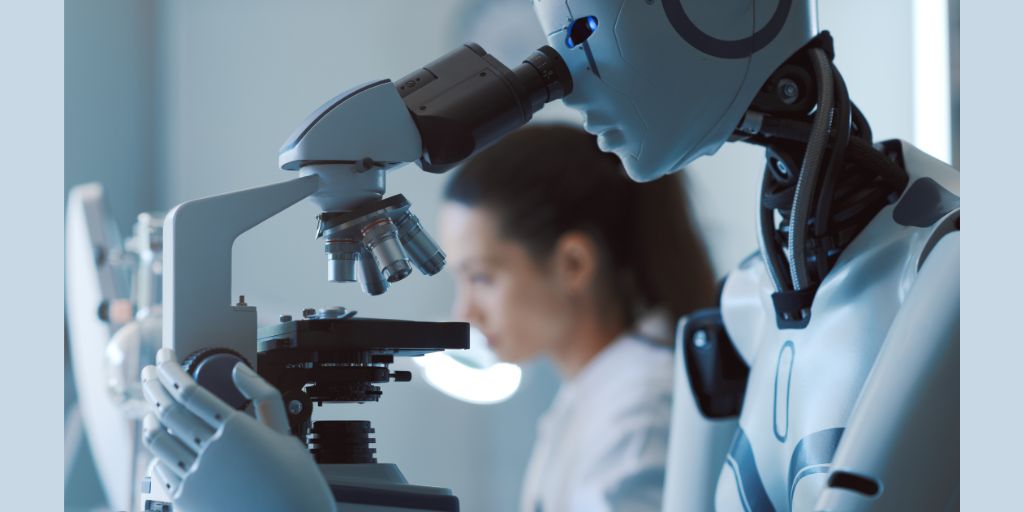Adam Sandman | Source | Inflectra Corporation

Adam Sandman
Adam Sandman, who founded Inflectra in 2006, has been a programmer since the age of 10. Today, Adam serves as the company’s CEO. He is responsible for product strategy, technology innovation, and business development. He lives in Washington, D.C., with his family.
Prior to founding Inflectra, Sandman worked as a Director for Sapient Corporation, where he was in charge of prpojects with the U.S. Navy. and other government agencies, and was responsible for leading many business development teams and writing whitepapers and position statements to build Sapient's reputation as a leader in the defense space. He studied physics at Oxford University.
When he is not working, he can often be found giving talks at events such as NDIA Agile in Government Summit, STAR East, Software Testing Professionals Conference, and Swiss Testing Day. He is passionate about economic empowerment by helping to bridge technology opportunity gaps in the developing world.
-
Bonus: Adam Sandman, Inflectra
In the past, Adam realized that there were not great tools out there for QA testing. He noticed a lot of people were using Excel and Word, along with manual testing through the industry. Given his experience as a project manager and architect, he saw an opportunity in the market - and set out to build a solution.
Article -
AI in Diagnostics: Risk Assessment at the Forefront for the NHS & Beyond - Digital Health Technology News
AI is rapidly transforming healthcare diagnostics, offering exciting possibilities from identifying diseases earlier to personalizing treatment plans. However, ensuring patient safety remains paramount as algorithms become more integrated with medical devices and influence diagnoses within the NHS and private practices. While these advancements promise significant gains in precision and efficiency, navigating this new landscape requires a nuanced and forward-thinking approach. Let’s take a closer look at this crucial intersection of technology and patient care, exploring how healthcare professionals can navigate these complexities while prioritizing patient safety and privacy. How AI is Changing Diagnostics within the NHS Imagine medical devices embedded with AI that can analyze real-time patient data, offering instant diagnostic support. AI-powered wearables could enable this continuous health monitoring, […]
Article
-
AI: A Double-Edged Sword in IT Complexity Management
Adam suggests AI can reduce IT complexity by analyzing code for redundancies and dependencies, potentially refactoring code automatically. However, AI's self-learning systems may increase complexity. To manage this, embrace AI tools for productivity while using AI agents for dependency analysis and automated refactoring. Testing and validation are crucial to prevent new bugs during refactoring. -
AI Bias: Understanding, Differentiating, and Mitigating
Adam explains AI bias as skewed training data affecting AI models, unlike AI hallucination, which results from insufficient training. He suggests debiasing strategies like human feedback loops, using multiple LLMs for cross-verification, and vetting training data. While AI may never be bias-free, these methods can reduce bias risk and harm. -
AI Revolutionizes Hiring Practices at Inflectra Corporation
Adam reveals, “AI helps with employment screening and boosts marketing and sales productivity, reducing the need for additional hires.” While no positions were eliminated, new hires must adapt to AI tools. Future workers will need GenAI proficiency and higher productivity standards.


